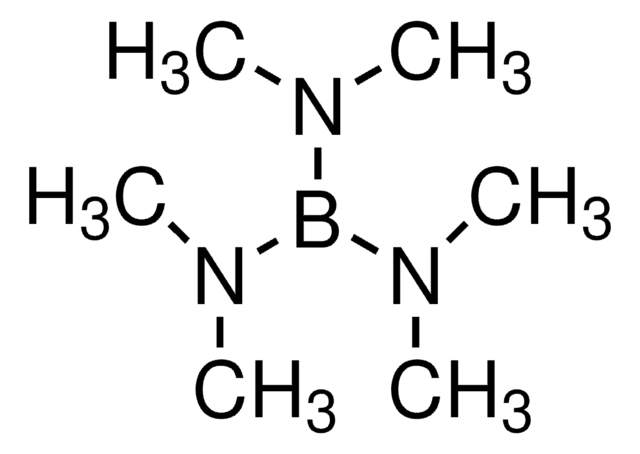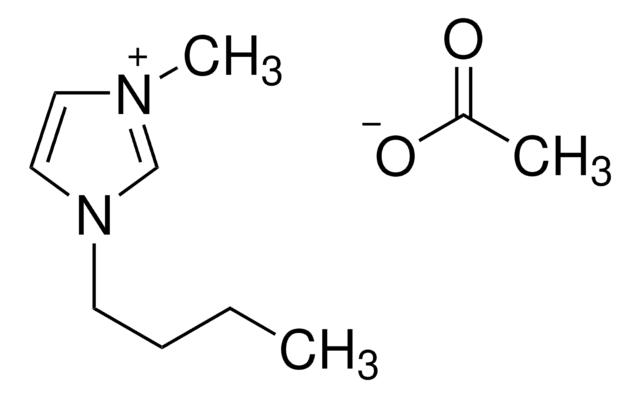724408
1-Butyl-3-methylimidazolium thiocyanate
for energy applications, ≥95%
Synonym(s):
1-Butyl-3-methyl-1H-imidazolium thiocyanate
About This Item
Recommended Products
grade
for energy applications
Assay
≥95%
form
liquid
impurities
0.7% water
refractive index
n20/D 1.538
mp
-28 °C (lit.)
density
1.07 g/mL at 25 °C
anion traces
chloride (Cl-): 0.24%
application(s)
battery manufacturing
SMILES string
[S-]C#N.CCCCn1cc[n+](C)c1
InChI
1S/C8H15N2.CHNS/c1-3-4-5-10-7-6-9(2)8-10;2-1-3/h6-8H,3-5H2,1-2H3;3H/q+1;/p-1
InChI key
SIXHYMZEOJSYQH-UHFFFAOYSA-M
Looking for similar products? Visit Product Comparison Guide
Application
related product
Signal Word
Warning
Hazard Statements
Precautionary Statements
Hazard Classifications
Acute Tox. 4 Dermal - Acute Tox. 4 Inhalation - Acute Tox. 4 Oral - Aquatic Chronic 3
Supplementary Hazards
Storage Class Code
10 - Combustible liquids
WGK
WGK 2
Flash Point(F)
403.7 °F - closed cup
Flash Point(C)
206.5 °C - closed cup
Choose from one of the most recent versions:
Certificates of Analysis (COA)
Don't see the Right Version?
If you require a particular version, you can look up a specific certificate by the Lot or Batch number.
Already Own This Product?
Find documentation for the products that you have recently purchased in the Document Library.
Customers Also Viewed
Articles
Ionic liquids, also called room temperature ionic liquids, are organic salts that are liquid at, or close to, room temperature.
Dr. Schmuch, Dr. Siozios, Professor Dr. Winter, and Dr. Placke review the challenges and opportunities of nickelrich layered oxide cathode materials. They discuss production processes for the layered oxide cathode materials as well as their chemistry and morphology.
Research and development of solid-state lithium fast-ion conductors is crucial because they can be potentially used as solid electrolytes in all-solid-state batteries, which may solve the safety and energy-density related issues of conventional lithium-ion batteries that use liquid (farmable organic) electrolytes.
The critical technical challenges associated with the commercialization of electric vehicle batteries include cost, performance, abuse tolerance, and lifespan.
Our team of scientists has experience in all areas of research including Life Science, Material Science, Chemical Synthesis, Chromatography, Analytical and many others.
Contact Technical Service![Tris[2-(methylamino)ethyl]amine 97%](/deepweb/assets/sigmaaldrich/product/structures/217/368/3e89e134-669e-4a03-9a34-f97b50399bb2/640/3e89e134-669e-4a03-9a34-f97b50399bb2.png)
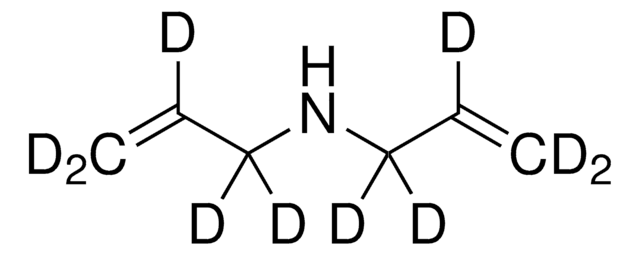
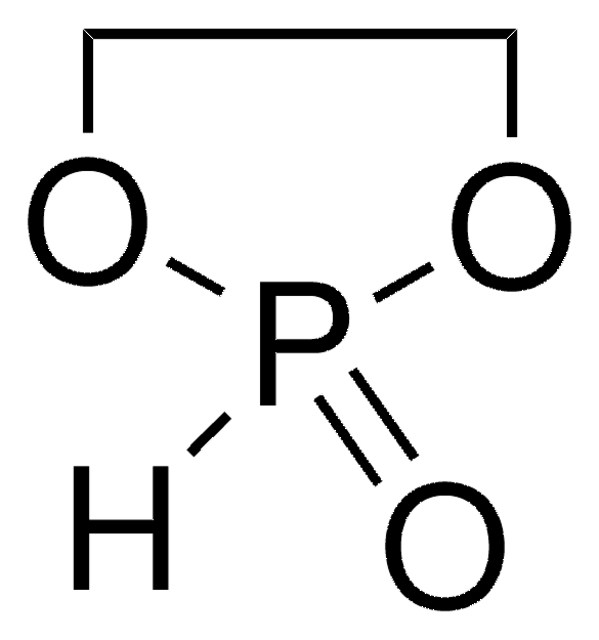

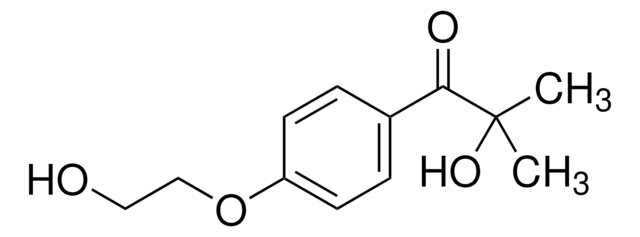

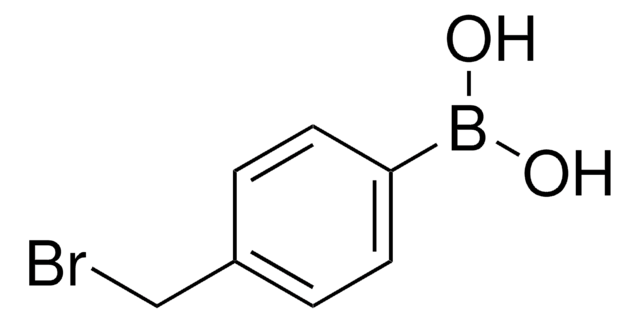
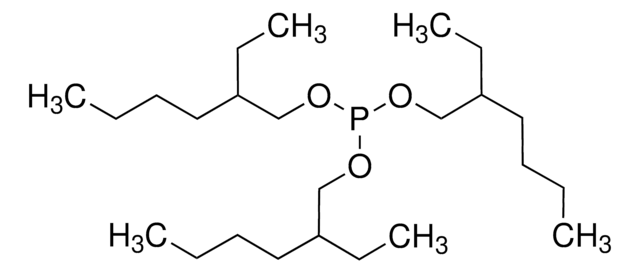
![2-[(Methylamino)methyl]pyridine 97%](/deepweb/assets/sigmaaldrich/product/structures/370/687/248fbc0c-2e59-447c-8191-2685dfb597d6/640/248fbc0c-2e59-447c-8191-2685dfb597d6.png)
